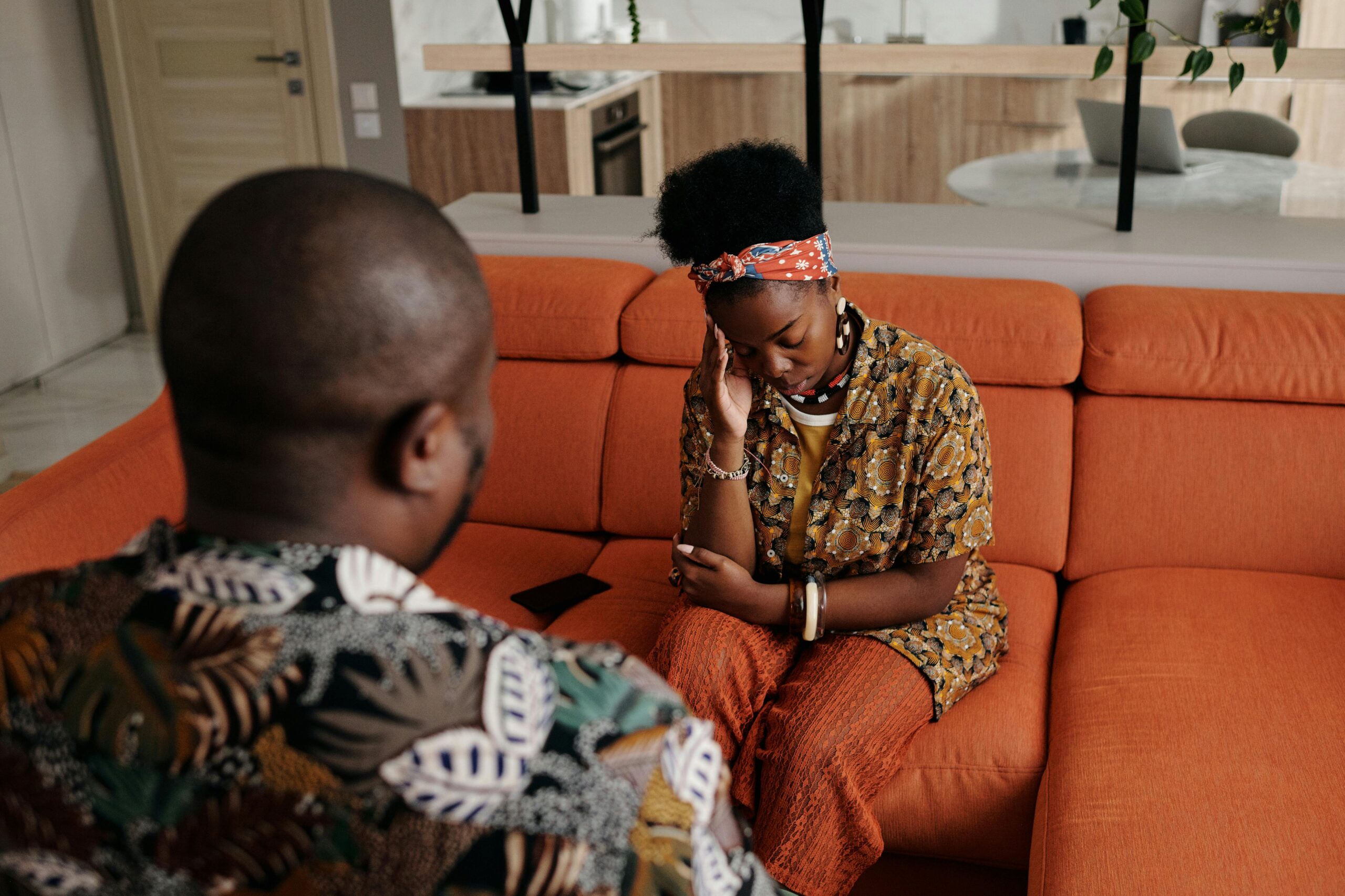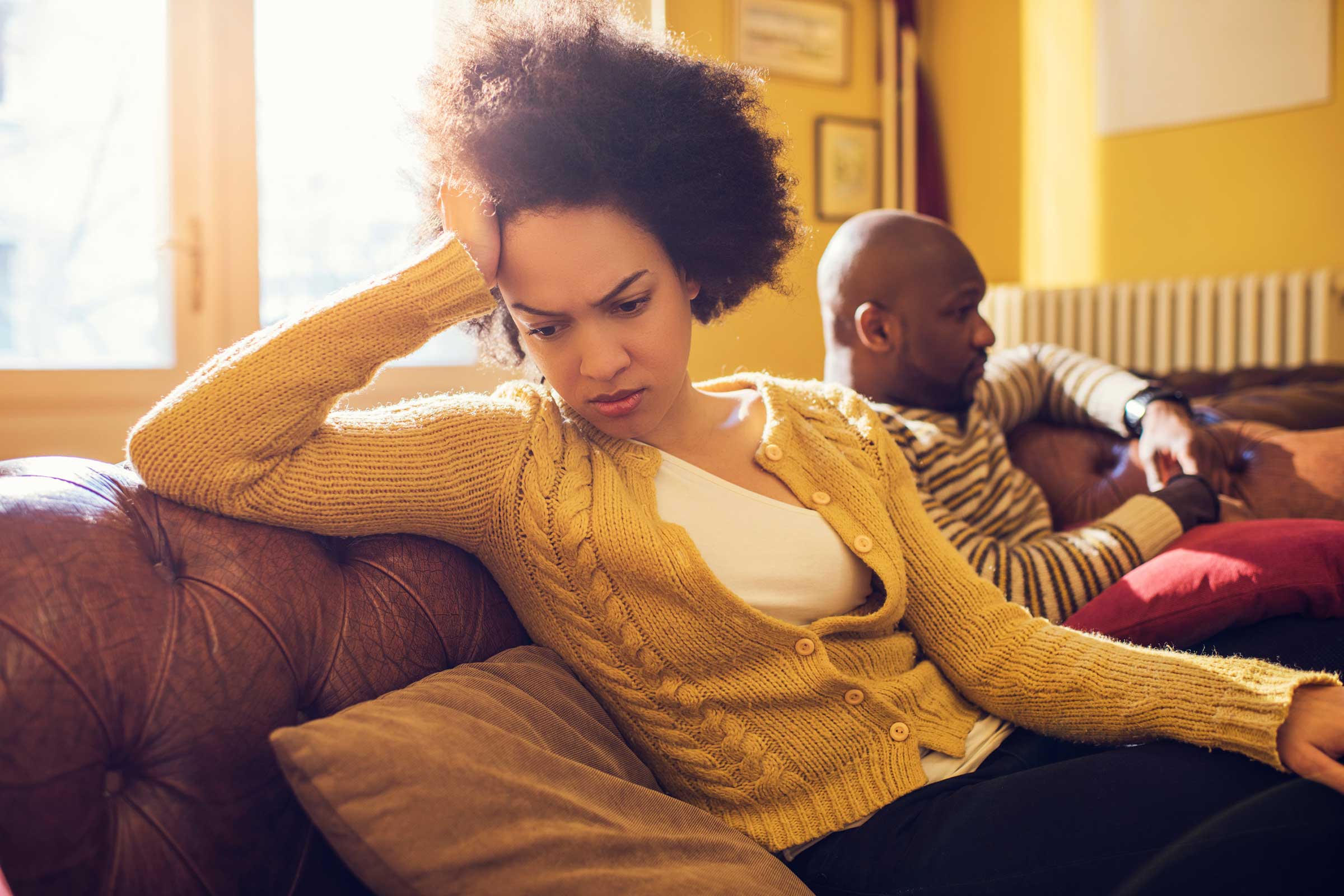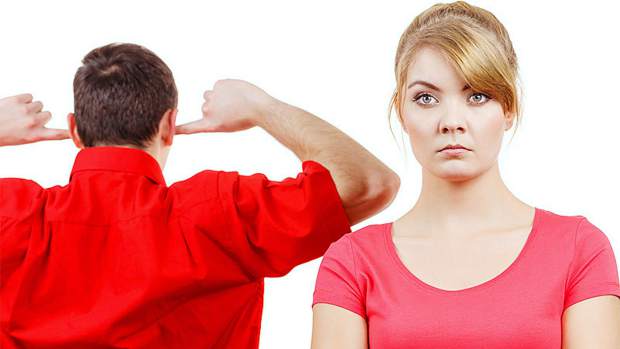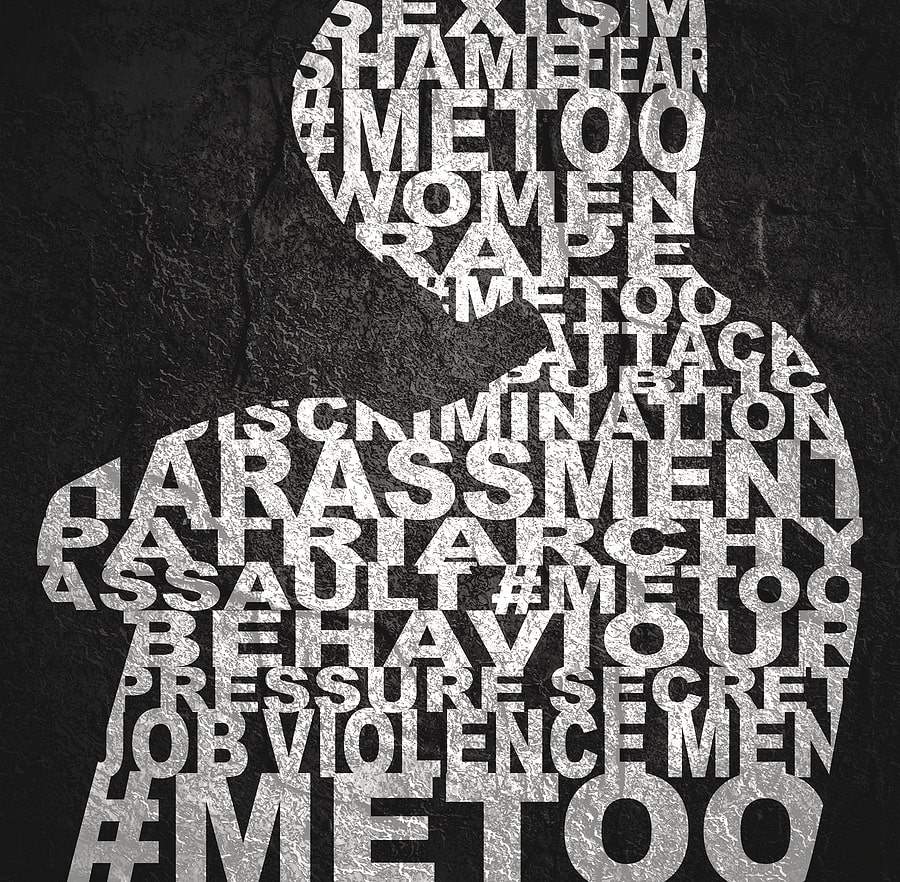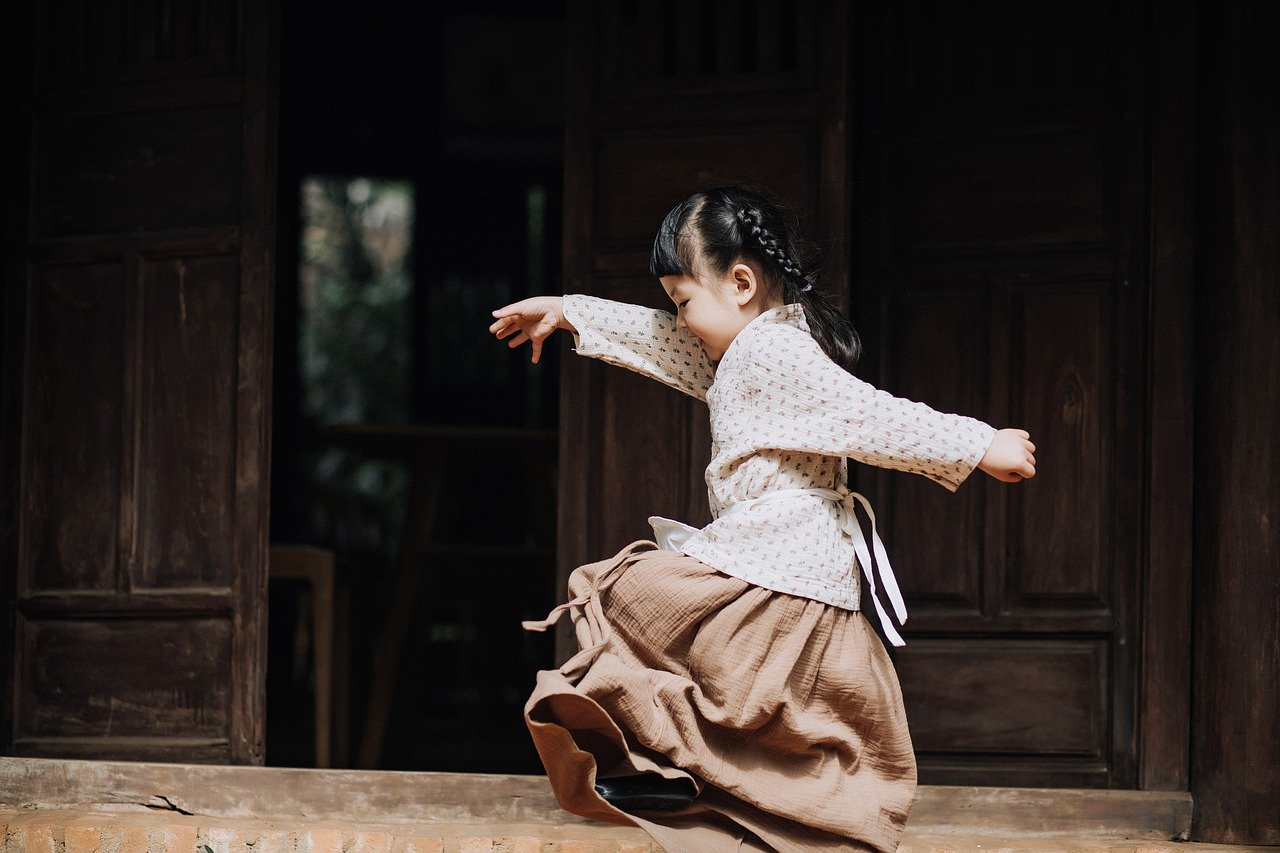Dating customs have changed since you were a teenager. The most striking difference is the young age at which children now begin dating: on average, twelve and a half for girls, and thirteen and a half for boys.
However, you might not recognize it as dating per se. The recent trend among early adolescents is for boys and girls to socialize as part of a group. They march off en mass to the mall or to the movies, or join a gang tossing a ball on the beach.
Don’t confuse group dating with double-dating or triple-dating. While there may be the occasional romantic twosome among the members, the majority are unattached. If anything, youngsters in the group spend as much time interacting with their same-sex friends as they do with members of the opposite sex.
Dr. Ron Eagar, a pediatrician at Denver Health Medical Center, views group dating as a healthy way for adolescents to ease into the dating pool rather than dive in. “The number-one benefit is safety,” says the father of two grown children. Going out in mixed groups also gives boys and girls an opportunity to just enjoy one another’s company, without the awkwardness and sexual tension that can intrude upon a one-to-one date.
One-to-One Dating
At what age are children old enough to date “solo”? Not before they’re thirty-five. Preferably forty.
Many of us feel that way when we imagine our son or daughter disappearing into the night arm in arm with a young lady or a young man.
As a general guideline, Dr. Eagar advises not allowing single dating before age sixteen. “There’s an enormous difference between a fourteen- or fifteen-year- old and a sixteen- or seventeen-year-old in terms of life experience,” he says. You might add or subtract a year depending on how mature and responsible your youngster is. Community standards might be a consideration. Are other parents letting their teens date yet?
Love and Relationships
While parent-teen conversations must encompass the hormones, hydraulics and other biological aspects of love and attraction, equal time should be devoted to thoughtful discussions about love as the most powerful and heartfelt of all human emotions.
Love is a subject of unending fascination for adolescents. Topping their list of questions is, “How do you know when you’re in love with somebody?” They are also genuinely curious about their parents’ courtship and marriage (“Mom, did you fall in love with Dad at first sight?”) and, if applicable, divorce (“Dad, how can two people love each other for years and years, then stop being in love?”).
Having an imperfect romantic résumé yourself does not disqualify you from initiating this conversation. You might say, “I haven’t always made the wisest decisions when it comes to love, but I’ve promised myself that the next time I become involved with someone special, I won’t settle for anything less than a healthy, honest relationship. When you’re older and ready to start dating, I hope that you will do the same. We both deserve the best, right?”
Call It Puppy Love, It’s Still Love
Adults generally take a cynical view of teenage romance, as if it were a chemical imbalance in need of correction. “It’s all about sex,” they say. “You know what they’re like when their hormones start raging.” A boy and a girl float down the street holding hands, dizzy in love, and all parents see is testosterone and estrogen out on a date.
Just look at the words used to describe affection between two young people: “infatuation,” “crush,” “puppy love.” If it feels like love to the two puppies, isn’t it love? To reiterate a point made earlier, it wasn’t all that long ago that many couples got married in their teens.
“Parents should never minimize or ridicule a first love,” says Tucson pediatrician Dr. George Comerci. “It is a very important relationship to teenagers, and it’s important for another reason, in that it is their first intimate relationship with someone outside their family.”
When “going out” evolves into “going steady,” it is natural to worry that things are getting too serious too soon. If you see schoolwork start to suffer and friendships fall by the wayside, it is reasonable to restrict the number of times Romeo and Juliet can rendezvous during the school week. High-school romances tend to have limited life spans. Those that endure until graduation day rarely survive the post-high-school years. If one or both young people leave home, the physical distance has a way of opening an emotional distance between them, and eventually the relationship coasts to a halt.
First Heartbreak: Helping Your Teenager Cope
The breakup of a romance can be painful at any stage of life. Still, when an adult relationship ends badly, at least the wounded party knows from having weathered other disappointments that the all-too-familiar hollow feeling and veil of depression will inevitably lift.
Teenagers haven’t yet learned how resilient the heart is. The first time they experience romantic rejection, the sadness can seem bottomless. Parents need to treat a brokenhearted youngster’s feelings seriously.
“Breakups are one of the major precipitants of suicidal gestures in young people,” says Dr. Eagar. The vast majority of kids, though, will get over their hurt and be fine. Moms and dads can aid the healing process by being generous with their time, patience and hugs. A little extra sensitivity helps, too, for in this situation, knowing what not to say is as important as choosing the right words.
Acknowledge your teen’s pain but assure her that she will be happy again. “I understand how upset you are, and I know you may feel like your sadness is never going to go away. But it will, and probably sooner than you think.”
Do not use this opportunity to reveal how you never liked the newly insignificant significant other in the first place. Your son may be venting his rage at the girl who dumped him, but don’t be fooled. It will probably be some time before he abandons the hope that she’ll realize her mistake and come crawling back. Remember, too, that teen relationships on the wane frequently flicker on again.
Allow your child to feel sad. To tell someone who is upset, “Hey, cheer up! It’s not that bad!” (or words to that effect) essentially implies that she does not have a right to her emotions. However, blues that linger for more than a few weeks may warrant professional counseling.
Encourage him to get together with friends—but don’t nag. When he’s ready to socialize, he’ll do so without any prompting.
Share a story from your own adolescence. “My first year in college, I fell madly in love with this girl named Sarah. We spent every moment together. I couldn’t imagine ever being with anyone else, and I thought she felt the same way about me.
“One day, out of the blue, she told me that our relationship was getting too serious, and that she wanted to date other people. I was crushed! I moped for weeks. I used to spy on her around campus; some nights I’d stand outside her dorm just to see if she walked in the front door with anybody. My friends couldn’t stand to be around me, and I don’t blame them! I’d get all morose and moan about Sarah, Sarah, Sarah.
“Now I’m thankful that she broke up with me. Because if she hadn’t, I’d never have met your mother!”
Now, that’s the way to go about it.
Culled from AAP.


